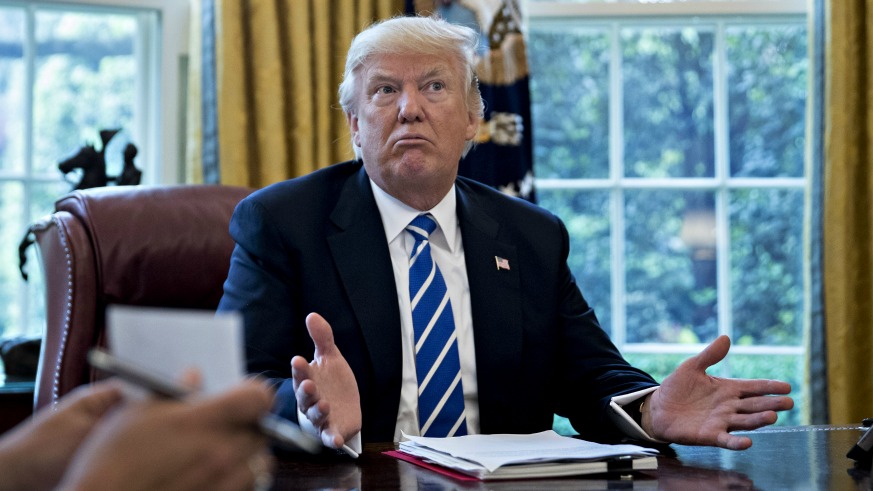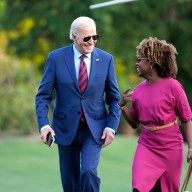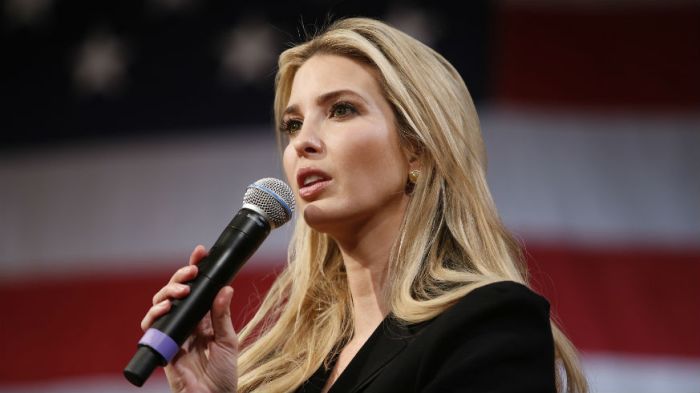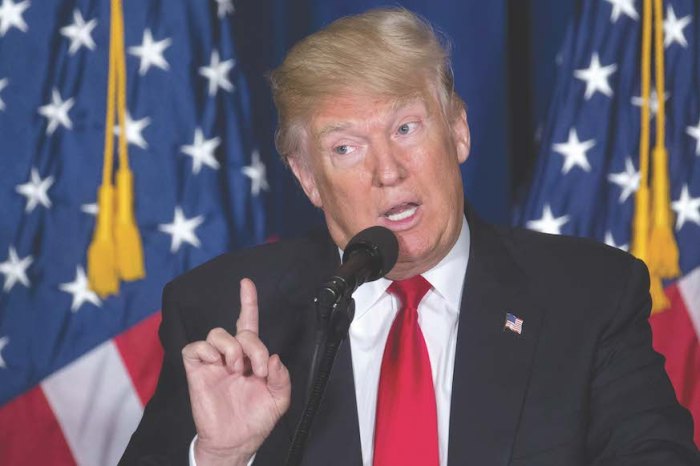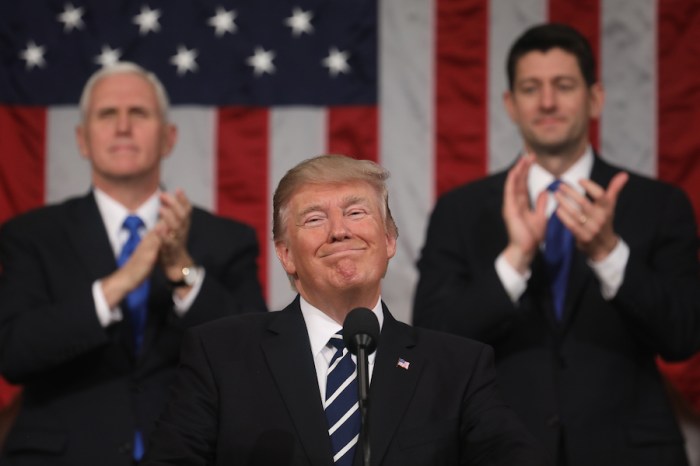On Monday, President Trump said that he had reached a new trade agreement with Mexico, and that he planned to dismantle NAFTA. “They used to call it NAFTA,” he said. “We’ll get rid of the name NAFTA. It has a bad connotation because the United States was hurt badly by NAFTA for many years. And now it’s a very good deal for both countries.” (If you’re wondering, what does NAFTA stand for, hold tight. We’re getting there. There are three countries involved in NAFTA; Canada has not been included in the new deal yet, some say as a pressure tactic.
What does NAFTA stand for?
So, what does NAFTA stand for, anway? NAFTA stands for the North American Free Trade Agreement. It was signed by the U.S., Canada and Mexico in 1992, under the presidency of George W. Bush, and became law in 1994, when Bill Clinton pushed it through Congress.
What does NAFTA do?
NAFTA created a multilateral trading bloc out of the three countries. Tariffs on certain goods were dropped and regulations eased. “The idea was that over time a company in Ohio could do business with a firm in Ontario as easily as it did with one in Indiana,” said the New York Times.
Why is Trump scrapping it?
It’s unclear if NAFTA has been a good or bad thing for U.S. industry and its workers. “Economists broadly supportive of free trade deals argue that Nafta essentially encouraged a shift of jobs in the United States toward higher-value, more productive work, raising wages and having negligible impact on the total number of jobs,” explains the Times. “Those more skeptical of the deal view it as having created low-wage competition across the border in Mexico that accelerated the loss of manufacturing jobs.”
Trump, who campaigned heavily on bringing the manufacturing jobs of yore “back to the U.S.,” vowed he would scrap the deal if elected and re-negotiate more favorable terms.
One problem: Experts say there is no deal yet. (Trump did not share details in his announcement, which Slate called “typically surreal.”) “It’s a press release in search of a real deal,” said Robert Scott of the Economic Policy Institute, who is opposed to NAFTA.
Another problem: Although any of the nations can withdraw from NAFTA with six months notice, Trump can’t do it unilaterally; he must get the approval from Congress. Any deal that does not include Canada would face an uphill battle, as most states’ manufacturing industries depend on easy trade between the three countries. Trump has threatened additional tariffs on Canadian goods, which is sure to create more drama. Republicans would prefer not to rile their working-class base so close to the midterm elections, as they struggle to keep a predicted rout of the House from turning into an historic shellacking.

